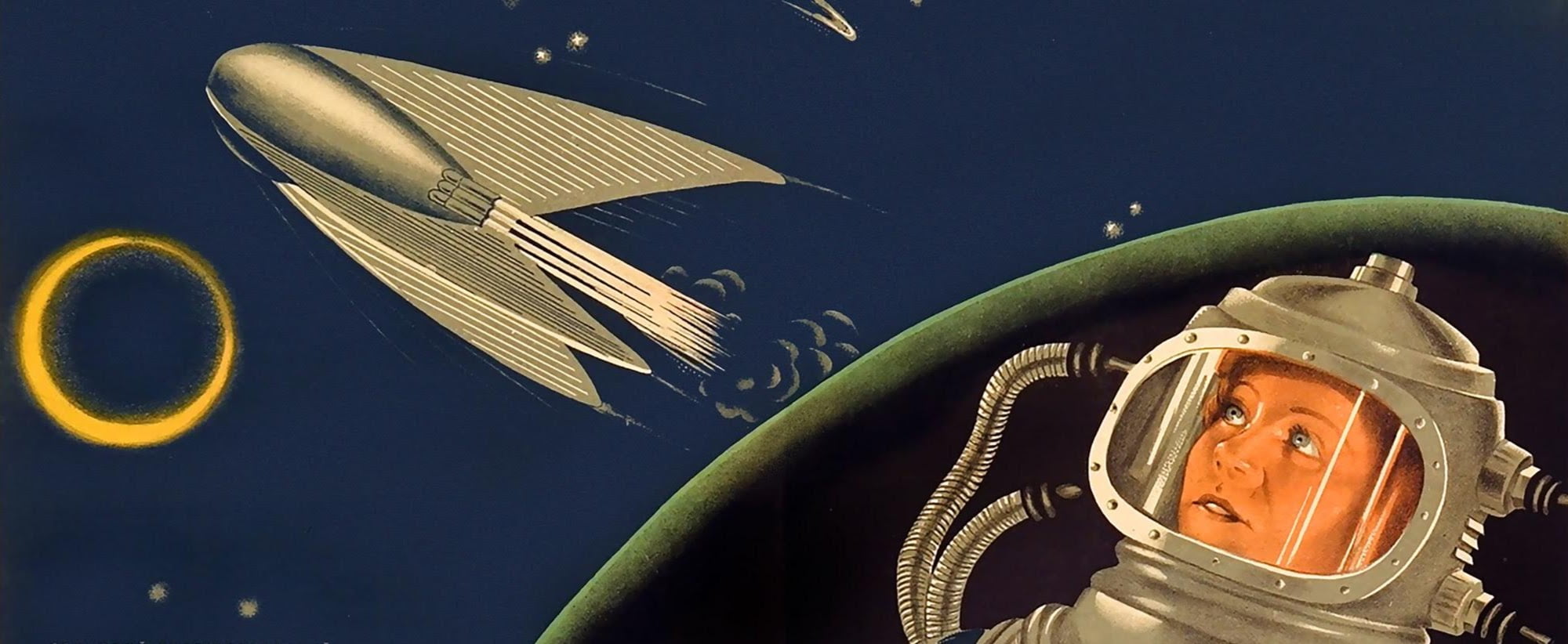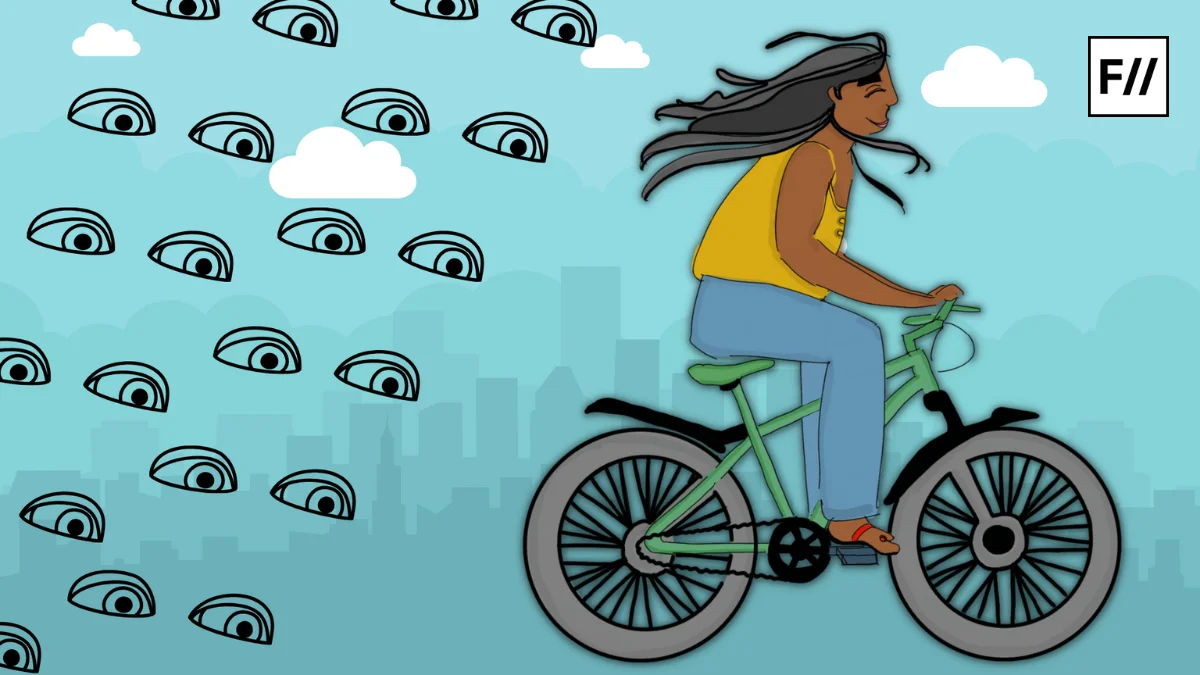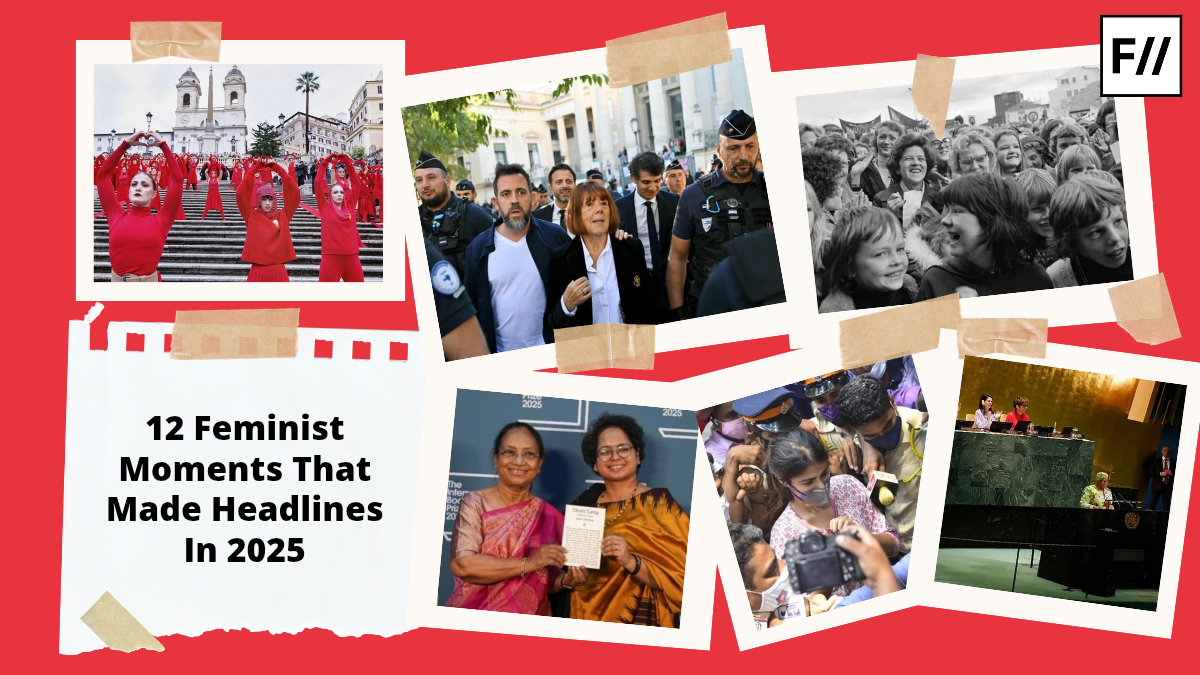Trigger Warning: The books recommended here might have content that is triggering to some readers, including but not limited to depictions of violence, abuse, death, discrimination, and mental health issues. Please be advised to use your discretion.
Those who attempt to convince you that masculinity is synonymous with rational thought continue to cling to the redundant thought that Science Fiction is a genre that is ‘by men and for men’, despite unlimited examples proving otherwise. To claim that the feminine imagination is incapable of transcending current scientific and social realities is to completely erase the history of this genre.
Science fiction and fiction based in futuristic, imagined worlds have often been the perfect stage for feminist thought and philosophies to reach the people. One only needs to take a look at how symbolism from Margret Atwood’s dystopian novel The Handmaid’s Tale has found its way to the signs carried in women’s marches and the speeches delivered in political spaces to see the real-world impact of this genre.
If you love being at the edge of your seat and reading books that are at once thrilling and thought-provoking, then it is recommended that you add the following three titles by women authors to your to-be-read pile:
1. Frankenstein by Mary Wollstonecraft Shelley (1818)
This classic, which is popularly credited with laying the foundation of the genre of dystopian science fiction, was written by Mary during a friendly competition between Percy Shelley, Lord Byron, and herself, to see who would write the best horror story. Spoiler alert: Mary won this contest and simultaneously created a narrative whose impact on the literary landscape would be so lasting that it would stay alive in creative imagination till the present day.
If you are only acquainted with the pop culture version of Mary’s creature Frankenstein, who speaks in monosyllables, grunts, and is a larger hulk-like version of a zombie, then this book is definitely going to take you by surprise. It follows the journey of a creature created from the organs of corpses by Dr. Frankenstein.
It asks philosophical questions about responsibility and personhood and brings to the forefront conversations about the ethics of scientific research and experimentation. Frankenstein is not so much a collection of jump scares as it is an inquiry into what it means to be alive through the lens of the human vs. nature theme.
As Eoin Dara, one of the curators of a recent exhibition based on Le Guin’s work told The Skinny, “Unlike her contemporaries, (Le Guin) updated her politics throughout her life, and revisited the idea of gender as it appears in the book. She wanted to have these conversations about her failings as a writer.” Le Guin’s later works did in fact, feature queer relationships and took nuanced approaches to address gender and sexuality

2. The Left Hand of Darkness by Ursula K. Le Guin (1969)
Considered one of the stalwarts of the modern science fiction genre, Ursula K. Le Guin is vastly credited with writing one of the first books to be deemed ‘Feminist Science-Fiction’. Her narrative in The Left Hand Of Darkness uses an anthropologist’s perspective of interacting with a race of ambisexual beings on a different planet. It raises enquiries into the influence of the concepts of gender and sex embedded within the binary fabric of our society’s culture.
As Le Guin famously said, she eliminated gender in this book to find out what was left. If you are a fan of alternate universes in literature, then The Left Hand of Darkness can serve as the perfect introduction to Le Guin’s fictional universe- the Hainish universe– on which a lot of her stories are based in.
Though this is technically the fourth story set in that universe, it does read well like a stand-alone book. Unlike a lot of science fiction authors, Le Guin does not do away with religion or make it simply ‘present’ in the background. Instead, she uses the religions in her fictional universe to critically analyse the dominant systems of Western theology.
Fair warning: the book has been criticised for seeing heterosexuality as the norm and following the ‘bury your gays’ trope. Le Guin has addressed this in a subsequent essay and apologised for it. As Eoin Dara, one of the curators of a recent exhibition based on Le Guin’s work told The Skinny, “Unlike her contemporaries, (Le Guin) updated her politics throughout her life, and revisited the idea of gender as it appears in the book. She wanted to have these conversations about her failings as a writer.” Le Guin’s later works did in fact, feature queer relationships and took nuanced approaches to address gender and sexuality.
Also read: Lessons From The Strong Women Of Science Fiction
The author did, however, express that she did not agree with her imagined future being labeled utopian, for she felt that this banner prevents it from seeming achievable or realistic. The narrative places a lot of emphasis on the importance of personal freedoms and agency while highlighting the importance of standing up for each other
3. Woman on the Edge of Time by Marge Piercy (1976)
A part of the ‘speculative’ sub-genre under the science fiction category, Woman on the Edge of Time takes the readers through a rollercoaster of emotions by juxtaposing a possibly utopian future with a chaotic present. Through the perspective of a woman trapped in a mental asylum, we access time travel and the possibilities of what society can be without prejudice, discrimination, misogyny, and queerphobia (amongst other evils).
The author did, however, express that she did not agree with her imagined future being labeled utopian, for she felt that this banner prevents it from seeming achievable or realistic. The narrative places a lot of emphasis on the importance of personal freedoms and agency while highlighting the importance of standing up for each other.
We encounter characters across the queer spectrum, and she employs the use of gender-neutral pronouns for everyone (the pronouns ‘ze’ and ‘per’ are often traced back to this work of fiction.)
Whether or not Piercy’s protagonist is time traveling is left up to the discretion of the reader. If you are looking for something that gives you a glimmer of hope in these very disturbing times, this should definitely be your new read.
Also read: We Need More Angry Women In Fiction: ‘Female’ Rage And Her Inner Worlds
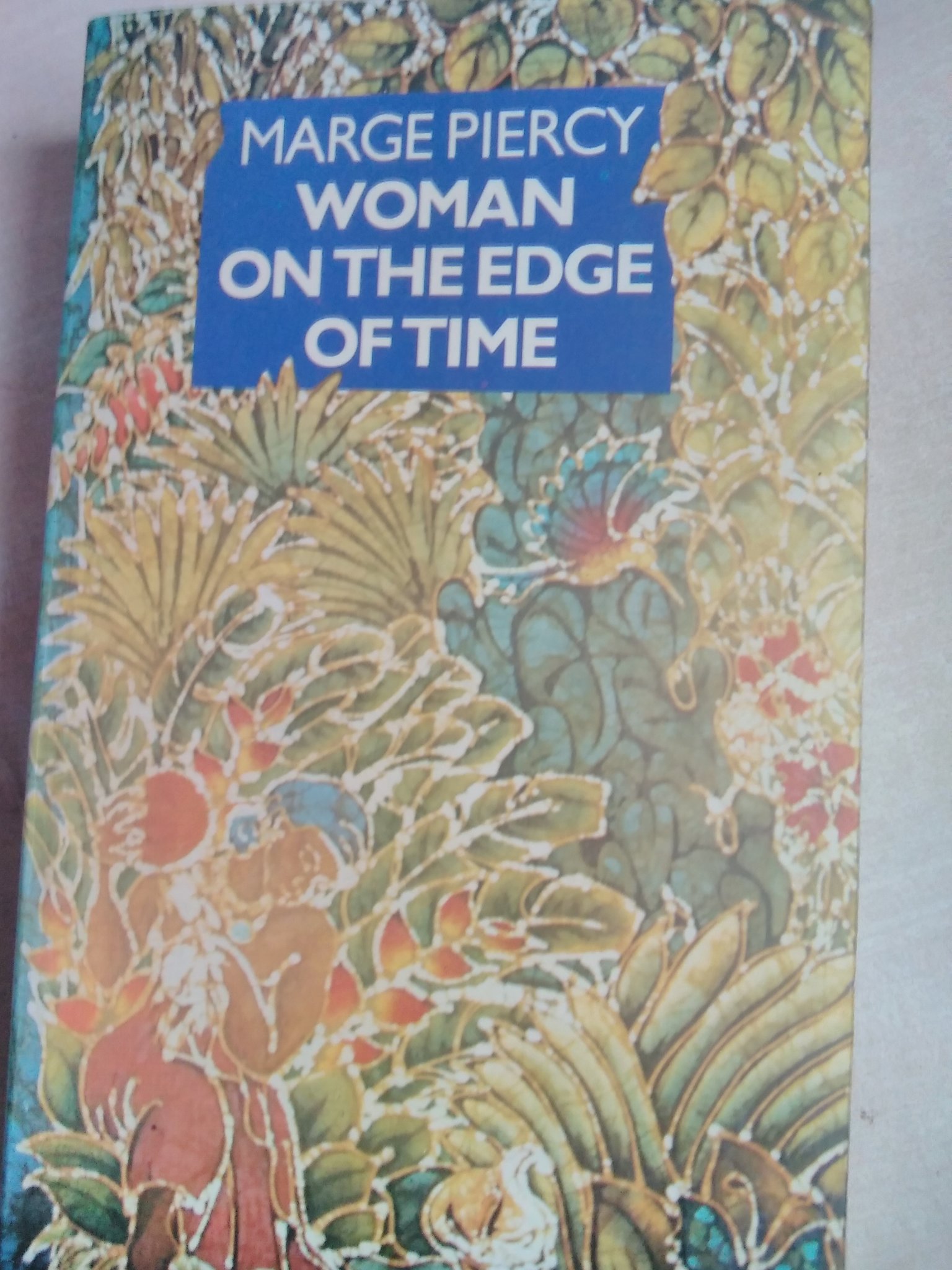
Featured Image Source: University Indianapolis
About the author(s)
Khushi Bajaj (she/her) is an intersectional feminist and writer who holds an MSc in Media and Communications from the London School of Economics. Her work has previously been published by Penguin Random House, erbacce-press, Metro UK, Diva, Hindustan Times, and more. She is passionate about advocating for social justice and believing in the revolutionary capacity of kindness. She can be reached through email (khushi.bajaj1234@gmail.com).
